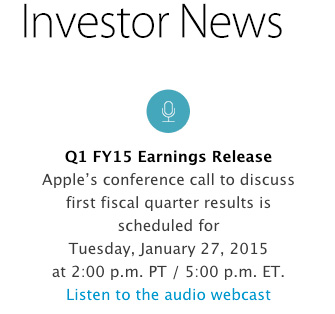Earnings per share is what everyone talks about. A formal accounting figure that must be released each quarter by public companies, EPS represents the profit in a given period, after all income has been recognized and all expenses deducted, divided by the total number of shares outstanding or, on a fully diluted basis, assuming all options and warrants are exercised.
Because net income (the numerator) includes non-recurring revenues or expenses, EPS can distort the degree to which value has been created in any given period. And while the division of net income by the number of shares provides one way to account for the use of equity via its dilution, it does not account for the reinvestment of prior earnings, which is often the largest source of equity for a mature company.

The problems associated with accounting distortions in net income are detailed in another section. For problems with overall EPS, consider the following examples:
Example 1: Buying a division.
A company with $100 million in revenues and $1 billion in net assets has the opportunity for a $150 million cash purchase of a company that makes $10 million in net income per year. Buying a seven percent return may not seem like a good move, but the company overall will now have ten percent more earnings on the same number of shares, resulting in a higher EPS.
Example 2: Repurchasing shares
Let's say that our $1 billion company instead decides to use that cash to repurchase $150 million worth of their shares. This repurchase does not necessarily create any value, but it increases EPS by 18 percent. If they used that $150 million to buy a company with $15 million in net income--which would be a value creating use of that cash--they would not see as much EPS growth as the value neutral share repurchase.
In both of these examples, EPS leads us astray on maximizing value creation. These are common choices faced by managers. Furthermore, companies with restricted investment opportunities--perhaps because of managerial or technological limitations--may be able to create more value with a declining EPS than increasing EPS, as long as they don't invest any new capital. After 2001, the shareholders of Kodak may have been much better off seeing their company slowly liquidate their operating assets rather than continually reinvesting in new ones.
When it works
If your company is, or ought to be, profitable, and their strategy calls for limited M&A opportunities and steady payment of dividends or share buy-backs, then EPS can be a reliable gauge of value creation.